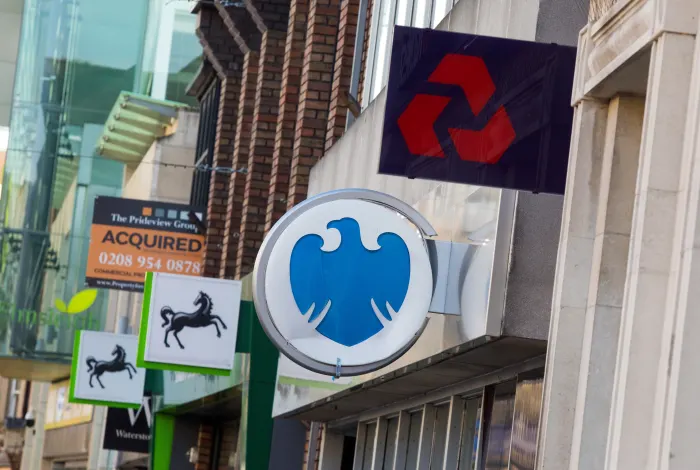The closure of high street bank branches is not a new phenomenon in the UK, but the current rate of closures is higher than ever before. Coming at a time when many people are struggling to make ends meet due to the cost of living crisis.
This crisis has hit the poorest and most vulnerable members of society the hardest. The closure of bank branches is only going to make things more difficult for them. In addition, the closures will disproportionately affect the elderly. As they often rely on cash as their preferred method of payment as they are not comfortable using digital services. For these reasons, the closure of bank branches is a concern for many people in the UK.
The closure of bank branches is a UK-wide problem that has been steadily increasing over the past few years. Scotland, for instance, has seen more than half of its branches close since 2015, leaving many people who are dependent on cash in the lurch. The elderly, who cannot use online banking are among those most affected. Consumer group Which? has warned that customers over the age of 65 are most likely to rely on cash and will therefore be disproportionately affected by the closures.
The link between branch closures and fraud
One critical aspect that has not been discussed is the essential role that branches play in the fight against fraud. For years, branches have been the last line of defence against fraud, with many scams being foiled as fraudsters were instructed to “visit the branch” to confirm transactions, change contact information or complete security checks. With the current increase in fraud awareness, it is alarming that banks are closing branches just as the need for fraud prevention measures is greater than ever before.
The reduction in branches offers fraudsters the chance to complete security over the phone or online. Granting them the anonymity they so cherish. This puts customers at a higher risk of fraud, especially since they are now more likely to provide sensitive information, such as bank account details and passwords, over the phone or online. Therefore, it is crucial that banks invest in robust fraud prevention measures to protect their customers from various types of fraud, including identity theft.
The table below lists all the banks closing branches across the UK by December 2022:
Barclays 81
HSBC 56
Lloyds 48
Halifax 18
NatWest 15
Royal Bank of Scotland 13
Bank of Scotland 11
Ulster Bank 9
Nationwide 8
Santander 1
The closure of high street bank branches has become a growing concern in the UK, with the most vulnerable customers bearing the brunt of the impact. While banks may argue that the trend towards digital banking has rendered branches obsolete, the vital role they play in fraud prevention and awareness cannot be ignored.



